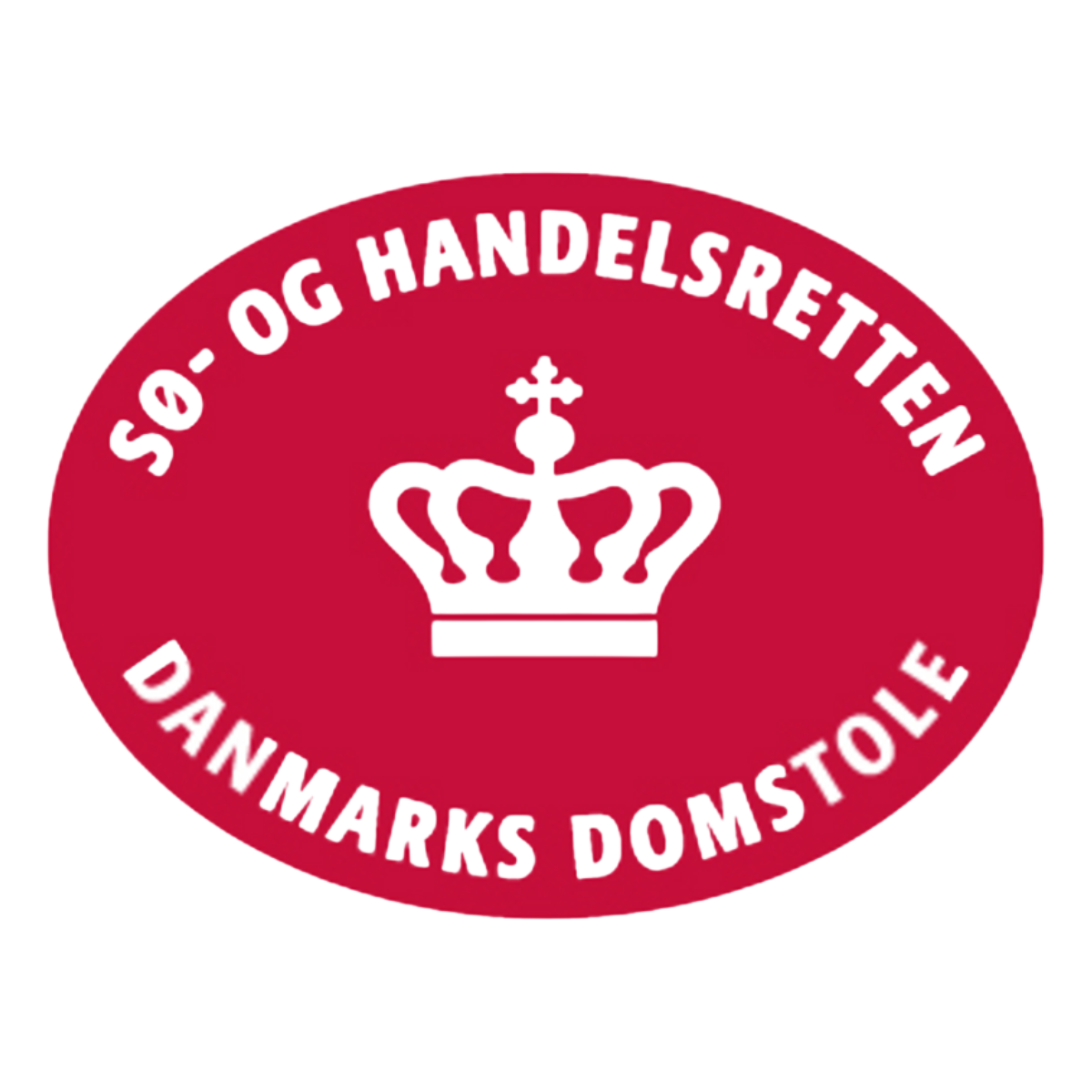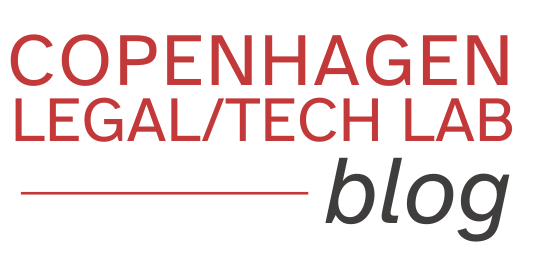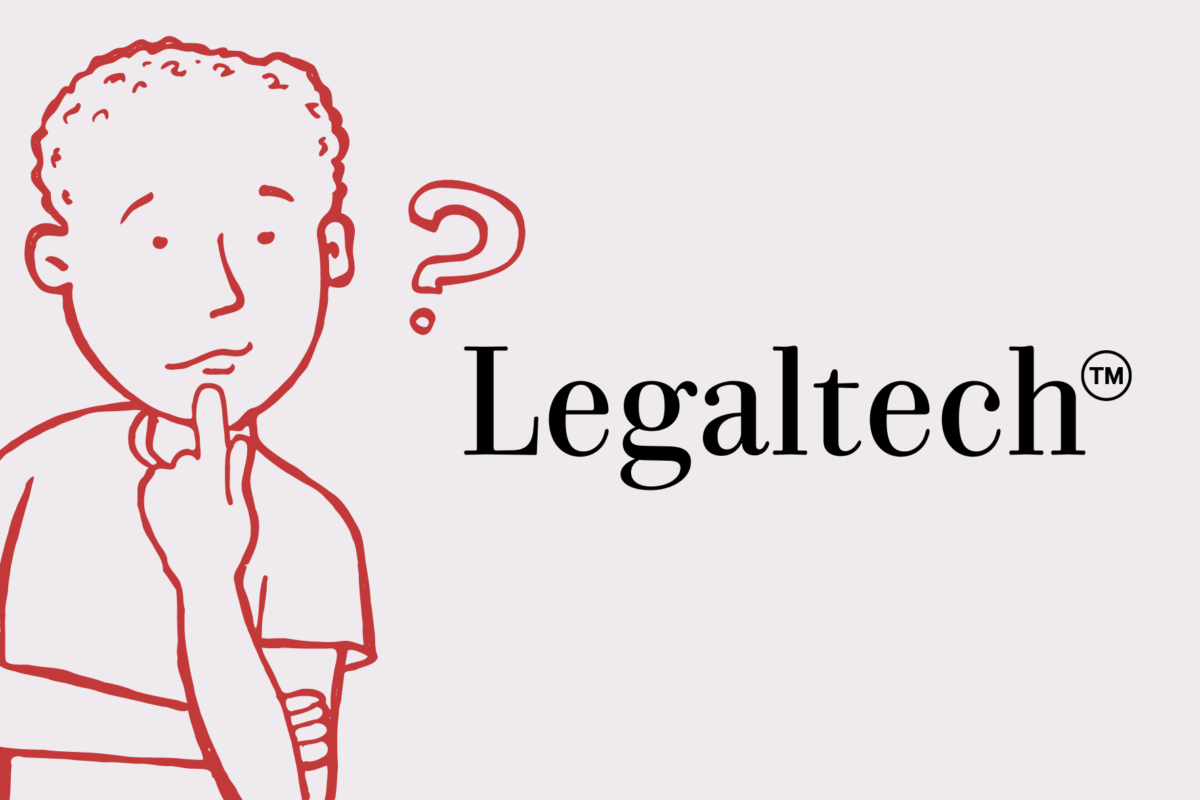Berdien van der Donk is a PhD-candidate at the Centre for Private Governance (CEPRI), University of Copenhagen. Her research focuses on the invalidity of restrictive clauses in user terms on social media platforms and combines contract law with (European) fundamental rights law. Specifically, she seeks a qualification for social media platforms that reflects the physical world. Previous publications cover copyright and trademark law, trade secrets, and dynamic injunctions.
Can you claim an exclusive right on the word legaltech for the use of legal tech and prohibit other parties from using the terminology? We do not know.
In a recent ruling between LEGALTECH ApS and LegalTech Denmark ApS, the Danish Maritime and Commercial Court has clarified some aspects of the use of legal tech as a trade name and a trademark. Based on this decision, Danish companies can no longer register legaltech as the trade name for their company, yet at the same time legaltech can still be used freely for marketing and promotion activities. This blog post discusses the facts of the case, the outcome, and looks forward to what the future will hold. Before digging deeper into the actual case, we start with a short recap of the difference in protection between trade names and trademarks.

Trade names and trademarks
The case between LEGALTECH ApS and LegalTech Denmark ApS concerns the companies’ trade names and the registration of several trademarks. Selecting and registering trade names and trademarks is an important part of establishing a brand presence and recognition in the market.
Trade names are registrations of a company’s official name. Every company needs one – it is the name a company uses to do business. A trade name’s scope of protection is limited and often only ascertains that there are not two business entities with the same name within a particular jurisdiction or that a company’s name is not being misused. A trademark gives a broader protection. It can be identical or similar to a trade name and can be used to provide legal protection for the use of names, logos, or company slogans.
The requirements to register a trademark are stricter than those for the registration of a trade name. For example, a trademark may not be descriptive for the goods and services it is used for, such as apple for the sale of apples or business advice office for business consultancy. If the trademark is descriptive, it will be rejected by the intellectual property office. If the trademark is descriptive only for some of the requested goods and services, it will be rejected for those classes only. A trademark owner can only invoke protection of its trademark for the classes it is registered in. Trade names are only rejected if they are misleading or already used by another company.
The implications of the difference in protection have determined the outcome of the case and are discussed thoroughly below
The facts of the case
Both “LEGALTECH ApS” and “LegalTech Denmark ApS” are registered in the Danish trade name register, respectively since mid 2017 and the end of 2018.
The 17th of May 2021, LEGALTECH ApS applied for the registration of a word trademark on legaltech. A week later, on the 25th of May 2021, the Danish Patent- and Trademark Authority rejected the registration of legaltech as a word trademark for certain goods in class 41 (education- and publication), the full class 42 (technological services), and full class 45 (legal services), as the word legaltech is descriptive for these services. However, one could say surprisingly, the word trademark legaltech was successfully registered in August for several other services in class 35 (advertising, business and marketing), class 36 (finance services) and class 41 (entertainment services) both, as a Danish and a Europeantrademark.
LEGALTECH ApS also owns the word trademark juratech for classes 35, 41, and 45 since the 13th of July 2018. Juratech is a literal Danish translation of legaltech.
On the 5th of May 2021, LegalTech Denmark ApS also requested protection as a Danish word trademark for legaltech. The application concerned the classes 9 (software), 42 (information technology services, including legal services), and 45 (legal advice on information technology). The trademark was refused in full in January 2022, because “legaltech” was found to be descriptive for all requested goods and services. According to the Patent- and Trademark authority: “Legaltech” can be translated from English to Danish as “legal technology”. Legaltech is a term that is used in the field of technology when solving legal tasks or problems.” The Maritime and Commercial Court added thereto “that there is no fixed general definition of Legaltech, but that its scope is broad and certainly includes technologies and digital solutions used in the legal industry.”

The end for legaltech as a Danish trade name… but not (yet) for marketing purposes
In March 2021, LEGALTECH ApS requested two injunctions before the Maritime and Commercial Court. Firstly, to have the name LegalTech Denmark ApS removed from the Danish register of trade names based on the Danish Companies Act, and secondly, to prohibit LegalTech Denmark ApS to use ‘Legaltech Denmark’ on its website and for any marketing related purposes based on the Danish Marketing Act.
The Maritime and Commercial Court granted the request to remove LegalTech Denmark from the trade name register. According to §2 sub 2 of the Danish Companies Act, ‘the name of a registered company must be clearly distinguishable from the name of other companies.’ As LEGALTECH ApS has the oldest registration including legaltech in the Danish trade name register (mid 2017), they can prohibit all subsequently registered trade names to be confusingly similar. That concerns all trade name registrations including legaltech that are used for the same business services as LEGALTECH ApS. However, the impact of that outcome seems limited. LegalTech Denmark ApS is currently registered as LTDK ApS and can continue offering its services refering to legaltech. They can just not call themselves LegalTech Denmark ApS anymore.
The real impact in the case could have been caused by the second injunction that was requested by LEGALTECH ApS: the prohibition to use ‘legaltech Denmark’ on LegalTech Denmark’s website and to forbid the use of legaltech for any marketing purposes. If granted, it would mean that LEGALTECH ApS gets a monopoly on the use of legaltech for legal tech services.
The Maritime and Commercial Court rejected the second injunction. For now, that means that LEGALTECH ApS does not have a monopoly on the use of legaltech for marketing purposes.
The refusal is based on technical legal grounds and therefore, the outcome can be different in a next case. LEGALTECH ApS had based its claim on the Danish Marketing Act. Invoking the Marketing Act is only possible when the claimant is ‘economically active’. The Maritime and Commercial Court briefly concludes that LEGALTECH ApS is not economically active (enough), nor has proven to have any concrete plans to become economically active in the near future. The request for an injunction based on the Marketing Act was therefore dismissed.
Additionally, the court assessed whether the protection of the word trademarks legaltech and juratech could lead to another outcome.
LEGALTECH ApS’s trademark legaltech cannot provide any protection against the registration of LegalTech Denmark ApS as a trade name. LegalTech Denmark ApS was registered at the end of 2018, whereas LEGALTECH ApS’s trademark legaltech was registered as a word trademark in 2021. A newer trademark does not protect against an older trade name.
The court continues with an assessment of whether juratech can be invoked against the use of LegalTech Denmark’s marketing material. Trademarks do not only protect the actual word (‘juratech’), but also protect against other words or logos that are confusingly similar. If juratech and legaltech are found similar by the Maritime and Commercial Court, it means that LEGALTECH ApS can prohibit the use of legaltech by LegalTech Denmark ApS based on the trademark registration of juratech. As juratech is the only trademark registered for class 45 (legal services), it could potentially pose a threat to the use legal tech for marketing by tens or hundreds of legal tech companies across Denmark, because LEGALTECH ApS would be able to forbid the use of ‘legal tech’ for all legal services.
Luckily for Danish legal tech companies, that risk is no longer there. The Maritime and Commercial Court concludes that juratech and legaltech are ‘significantly different’, even though they are direct translations. Thus leaving the Danish legal tech companies only with legaltech instead of juratech on their websites or other promotional activities.
What will the future bring?
The most interesting question remaining to be answered is what the outcome of the case will be when LEGALTECH ApS becomes economically active. Based on this decision, the possibility that a court in the future grants a prohibition to use legaltech cannot be ruled out. The Maritime and Commercial Court has not (yet) taken a clear stance on the possibility that LEGALTECH can prohibit the use of legal tech by other companies, as the prohibition was rejected on technical grounds (inapplicability).
In previous decisions, the European Intellectual Property Office (EUIPO) rejected multiple registrations concerning FinTech. In the words of the EUIPO:
The relevant English-speaking consumers would understand [FinTech] as having the following meaning: the application of new technological advancements to services in the financial industry which are personalised according to their user´s needs, bespoke. They would perceive the sign [myFinTech] as providing information that the services are, inter alia, bespoke financial, banking, insurance services using software and modern technology.
The trademark myFinTech was refused, because it had a ‘clear descriptive meaning’, and was ‘incapable of performing the essential function of a trademark, which is to distinguish the goods or services of one undertaking from those of other undertakings.’ Even more so, regarding the slogan trademark EVERY COMPANY IS A FINTECH COMPANY, the EUIPO boldly states that the entire slogan is descriptive for business consulting finances and workshops and summits for venture capital and entrepreneurship, simply because the slogan is not mere marketing, it is a fact that every company can become a fintech company. Looking at these lessons learned from FinTech, it will only be a matter of time for the descriptiveness of legaltech.
In the meantime, in the court’s conclusion on the significant differences between legaltech and juratech lies a chance for LEGALTECH to market the latter as their own protected alternative for the generic term legal tech. As juratech is the only trademark registered for class 45 (legal services), it has a solid base for future enforcement in the market. Plus, with this decision by the Maritime and Commercial Court, LEGALTECH ApS knows for sure that juratech is sufficiently different from legaltech. That means that no (future) competition will be able to use juratech for legal tech services.

